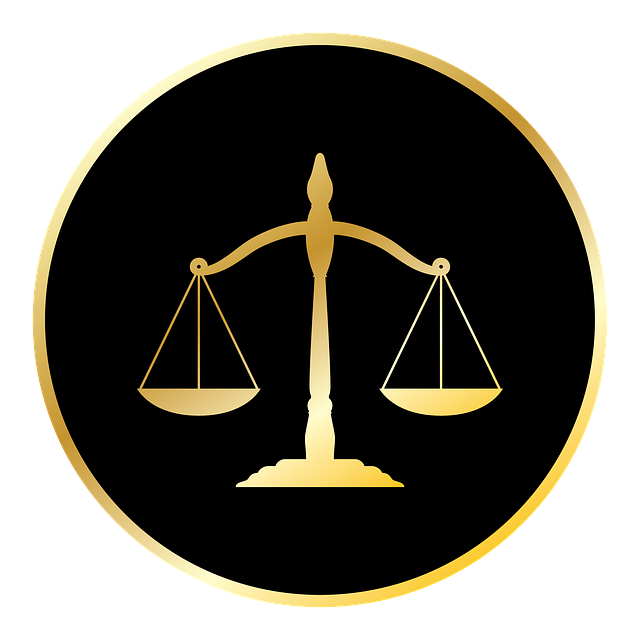Multnomah County contempt disputes arise from breaking court orders, carrying serious consequences. Attorneys guide clients through complex procedures, demystify legal jargon, and ensure rights are protected. The process involves reviewing violated orders, gathering evidence, formal complaints, and court review. Common defenses include lack of knowledge or unforeseen circumstances. Strategic representation by skilled attorneys leads to successful outcomes in Multnomah County contempt disputes.
Multnomah County, Oregon, with its bustling legal landscape, often sees complex contempt disputes. This comprehensive guide delves into the intricacies of navigating these cases, focusing on the role of an attorney specializing in contempt law. We explore the process from understanding the dispute to representing clients effectively. Learn about legal strategies, common defenses, and success stories, offering valuable insights for those facing or seeking to avoid Multnomah County contempt charges.
- Understanding Contempt Disputes in Multnomah County
- Role of Attorney in Resolving Contempt Cases
- Legal Process for Filing Contempt Charges
- Common Defenses Against Contempt Accusations
- Success Stories: Effective Representation Strategies
Understanding Contempt Disputes in Multnomah County

In Multnomah County, contempt disputes refer to legal issues where individuals or entities fail to comply with a court order. These disputes can arise from various situations, such as non-payment of child support, failure to adhere to restraining orders, or disregard for discovery processes in civil cases. Understanding the nature and implications of these disputes is crucial for anyone involved in the Multnomah County legal system.
Contempt charges carry significant weight, with potential consequences including fines, jail time, or both. As such, it’s essential to recognize that contempt disputes are not merely about enforcement but also about ensuring justice and maintaining the integrity of court orders. In Multnomah County, parties involved in these disputes often seek legal counsel to help them navigate complex legal procedures and advocate for their rights within the framework of existing laws and regulations.
Role of Attorney in Resolving Contempt Cases

In Multnomah County contempt disputes, the role of an attorney is pivotal in navigating complex legal terrain. Legal professionals skilled in these matters possess a deep understanding of state laws and court procedures specific to Multnomah County, enabling them to guide clients effectively through every stage of a contempt case. They play a crucial part in interpreting legal jargon and rights, ensuring clients’ voices are heard and their interests protected.
Attorneys for contempt disputes in Multnomah County facilitate communication between all parties involved, which can often be contentious. They use their expertise to build strong arguments, file necessary paperwork, and represent clients during court hearings. Through strategic negotiations and robust advocacy, these attorneys strive to resolve disputes amicably or, when needed, advocate for their clients’ best interests in court.
Legal Process for Filing Contempt Charges

In Multnomah County, initiating a contempt dispute involves a meticulous legal process designed to ensure fairness and adherence to court orders. The first step is to review the existing court order or agreement that has been violated, providing clear evidence of non-compliance. This documentation is crucial for filing charges of contempt. Individuals or entities accused of contempt have the right to be informed of the allegations against them, allowing them to prepare a defense.
The legal process continues with the filing of a formal complaint or motion with the Multnomah County court, detailing the specific acts of contempt and their impact. The court will then review the evidence and issue a summons, notifying the respondent of the pending charges. This stage emphasizes the importance of timely responses and adherence to procedural rules to ensure a just resolution in Multnomah County contempt disputes.
Common Defenses Against Contempt Accusations

In Multnomah County contempt disputes, understanding common defenses can be pivotal for those accused. One prominent defense is non-compliance due to lack of knowledge—accused individuals may argue they were unaware of the specific court order or its requirements. This typically requires clear evidence of their reasonable efforts to comprehend and adhere to the order. Another frequent defense centers around unforeseen circumstances, such as mental or physical disabilities, which can impede an individual’s ability to comply with a court mandate.
Additionally, good faith efforts to comply are often cited as a defense. This includes showing that despite best intentions, there were genuine challenges in meeting the demands of the court order. Accused parties may also challenge the validity or clarity of the original order, arguing it was overly vague or lacked essential details necessary for comprehension and adherence.
Success Stories: Effective Representation Strategies

In the realm of Multnomah County contempt disputes, success stories are often defined by effective representation strategies that transform complex legal scenarios into favorable outcomes. Skilled attorneys play a pivotal role in guiding clients through these intricate matters, ensuring their rights and interests are protected. One proven strategy involves meticulous documentation and clear communication, enabling attorneys to present compelling cases that highlight the violations and consequences of contempt.
Additionally, building strong relationships with judges and leveraging past case histories can significantly impact the outcome. Attorneys who possess a deep understanding of local court procedures and precedents in Multnomah County contempt disputes are better equipped to navigate the legal labyrinth. This expertise allows them to anticipate potential challenges, craft robust arguments, and advocate for their clients’ best interests, ultimately securing positive resolutions.






